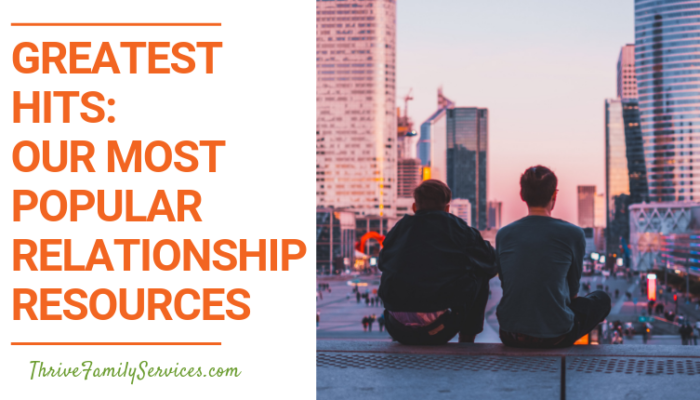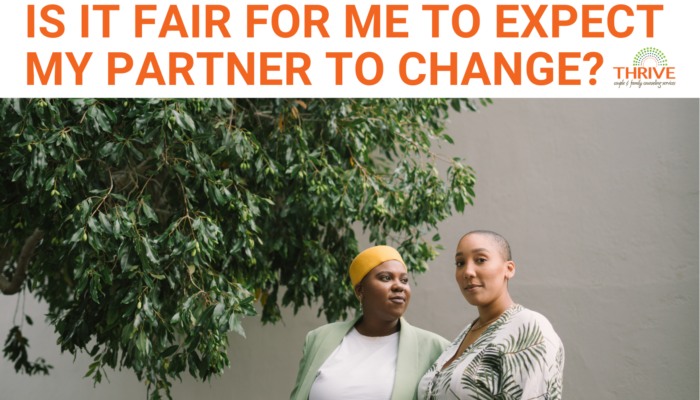Last week, I was sitting in a park with a lot of people and dogs running around. There was a lot of commotion and conversation happening, but as I was sitting down, I overheard two children talking to each other. They were sharing events from school with one another when one of them started to share something deeper. He looked at his friend and said, “There is someone in my classroom that keeps picking on me.” Without hesitation, the friend looked him in the eyes and replied, “You need to tell someone!”
Overhearing this exchange, I realized that what this friend instinctively knew is something that a lot of adults forget about…how to get in touch with pain.
If a child were in pain or being hurt, many adults would want to respond to that child in a similar way that the friend did at the park. People would say something along the lines of, “You need to tell someone!” We would say this because we know that the pain won’t be resolved unless the child vocalizes it with someone that can help.
However, as children start to get older, they start to hear messages that are the complete opposite. Children are told things like, “Oh, you’re fine,” “Don’t cry,” or “Handle this by yourself.”
The problem with these messages is that children grow up to be adults, and these adults have now learned that it’s better not to share when they’re feeling painful emotions. So they don’t.
But why does this matter? Aren’t adults old enough to just work through their feelings by themselves?
Studies have shown that physical pain (like a broken bone or a skinned knee) and emotional pain (like rejection or sadness) are experienced in the same area of the brain. In other words, your brain acknowledges both kinds of pain in the same way. And either way, the pain wants to be dealt with.
When we experience physical pain, we know what to do. We grab the first aid kit if it’s a small pain or we see a doctor if it’s a big pain. Similarly, when we experience emotional pain, our first instinct should be to repair it with “bandages,” like talking to your partner, or going to see a therapist for big emotional pain. Instead, people will often try to suck up their emotional pain, leaving the brain desperate to be healed.
Many times, people assume that sharing their pain will make it bigger because now two people will have the pain. However, the opposite is true.
Sharing pain with someone actually lessens it! It is a way to create a connection with someone, and that connection makes pain feel smaller.
In a study by Dr. Jim Coan of the University of Virginia, it was determined that adult brains experienced less physical pain from the same event if they were holding hands with someone. It isn’t just comforting to have someone there. Rather, the amount of physical pain experienced is literally reduced if we have support through human connection.
In the same way, emotional pain is reduced if we have support through human connection. In fact, not only does emotional pain get reduced when it’s shared, but it actually brings people closer together. It is actually one of the surest ways to create deeper, more intimate relationships!
So, the next time your partner asks, “What’s wrong?” don’t say, “Nothing.” Let them know what’s bothering you as a way to build a closer connection. Even if your partner did something that bothers you, it’s okay to let them know what effect they had on your emotions. If sharing your emotions is something that you struggle with, know that you are not alone. Luckily, there are things that you can do to help you be able to find that comfort with being able to express how you feel.
Follow these steps:
- Try to identify what negative feeling you are experiencing. The more specific you can be, the better.
- See if you can identify the specific event or thought that stirred up that painful feeling.
- Use your new insight to tell your partner something along the lines of, “When this happened: ______________, I felt ______________.”
- Try to engage in a conversation of connection with your partner. Rather than worrying about defending yourself or your feelings, focus on accurately explaining them. Where do they come from? Is there a story that explains why you have this feeling from this event? Where do you feel the pain? What could your partner do to help?
- If having a conversation about a painful emotion is still too difficult, asking your partner for physical touch is a good alternative for now. Getting a big hug, for example, is a great alleviator for emotional pain!
It can be freeing to know that you don’t have to keep things like stress, loneliness, or sadness to yourself. Finding someone who you can share these feelings with is a life-changer that leads to closer, more connected relationships.
And remember – if it’s too difficult to talk to your partner, finding a therapist can help! Sharing emotional pain with a therapist is also proven to reduce that pain in your brain. Our Greenwood Village couples counselors can help. Schedule an appointment today!




